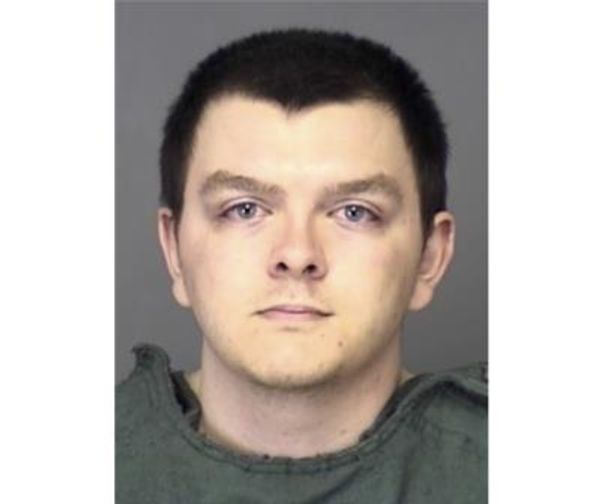
Brussels (AFP) - Brussels hosts the rival leaders of Kosovo and Serbia on Monday as the European Union turns up the pressure to reach a deal it hopes will lead to a de facto normalisation of ties between the bitter foes.
Serbia has refused to recognise the unilateral declaration of independence Kosovo made in 2008, and periodic bouts of unrest erupt between local authorities and the Serb minority in the former breakaway province.
Both sides say they are being increasingly squeezed by Western governments to hammer out an agreement after more than two decades of acrimony.
Kosovo's Prime Minister Albin Kurti and Serbian President Aleksandar Vucic will meet chief EU diplomat Josep Borrell at the bloc's headquarters Monday afternoon, where they will likely go over the details of a deal that could lay out the framework for a potential understanding.
"Experience from the past taught all of us not to try to predict anything because it can go either way, but everything basically depends on the ability of the Kosovo prime minister and the Serbian president to agree on the way forward," Borrell's spokesman Peter Stano said.
"What we need really urgently is progress so that we don't have what we had over...a number of months: constant crisis mode," he said, calling for a step towards a "comprehensive agreement on the normalisation of relations".
The spokesman added that both sides should adopt what he called "European behaviour" and reminded them that Kosovo and Serbia would one day seek EU membership.
The latest round of talks follows months of shuttle diplomacy in the renewed thrust to resolve long-simmering tensions, nearly 25 years after the war between ethnic Albanian insurgents and Serb forces triggered a NATO bombing campaign that ended the fighting.
Last week, Kurti told Kosovo's parliament that the deal in the works would pave the way for the territory's entry into several international institutions, a long-sought goal for the government in Pristina.
"I think the next meeting will show how hopeful we can be for this year," Kurti told lawmakers, saying he was "very optimistic that there can be an agreement this year".
On the other side, Serbia's President Vucic has said his government is under the gun to come to an understanding.
In a televised address last month, Vucic said he had been handed an ultimatum from Western countries to normalise ties with Kosovo or face measures that would do "great damage" to his country.
"(They) said -- you must accept this plan, or you will face the interruption of the process of European integration, the halting and withdrawal of investments and comprehensive economic and political measures that will cause great damage to the Republic of Serbia," Vucic told viewers.
At home, Vucic faces opposition attacks if he bows to European pressure and takes a step towards recognising Kosovo, or if he burns bridges with Brussels and imperils Serbia's eventual EU membership hopes -- or even slips back into the warfare of the 1990s.
"There will be no capitulation, nor will we return to the 1990s," he posted Monday on social media before setting off for Brussels.
'Russian aggression'
The mounting pressure comes as Western governments have reserved much of their diplomatic muscle for addressing the war in Ukraine, spurring fears that the Kremlin could use the Kosovo issue as a wedge to further divide Europe.
"Russian aggression in Ukraine has changed the dynamic.The West can't allow Russia to potentially open up a new front, and this region is volatile enough," said Aleksandar Popov, a political analyst with the Centre for Regionalism based in Serbia's Novi Sad.
On Friday, a senior EU official told journalists that Russia was actively trying to derail negotiations between the two sides.
Questions remain over how both leaders would be able to sell any potential agreement to their respective populations.
Kosovo remains an obsession among large swathes of the Serbian population, who regard the territory as their rightful homeland that witnessed pivotal battles over the centuries and is steeped in nationalist mythology.
Kosovo is home to an estimated 120,000 Serbs, many of whom remain largely loyal to Belgrade -- especially in northern areas near the border with Serbia where there are frequent bouts of unrest, demonstrations and occasional violence.
ih-mbs-ds-dc/raz/js







